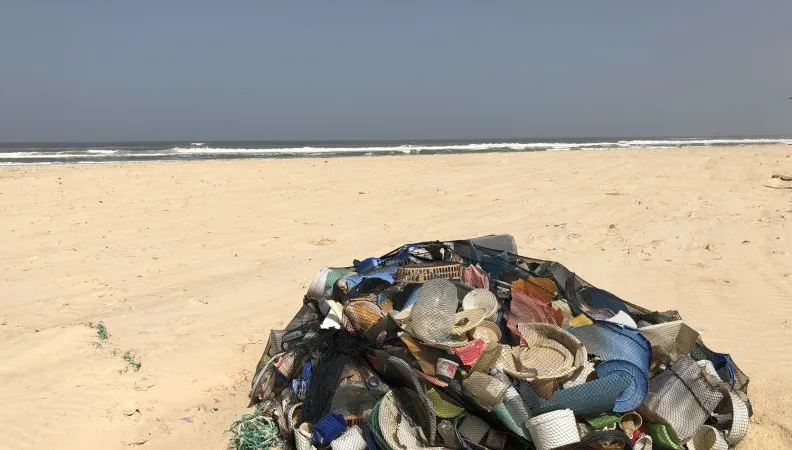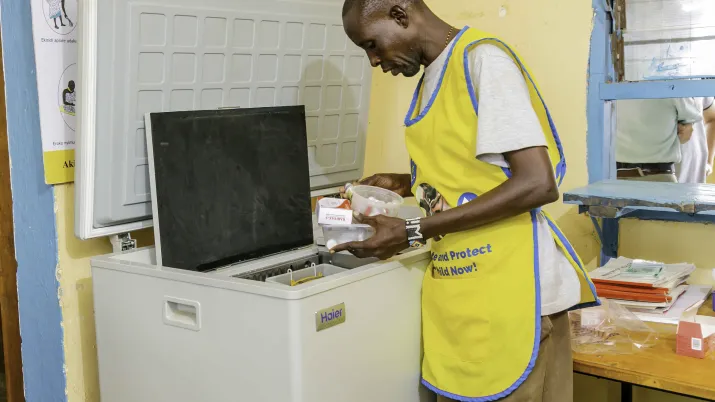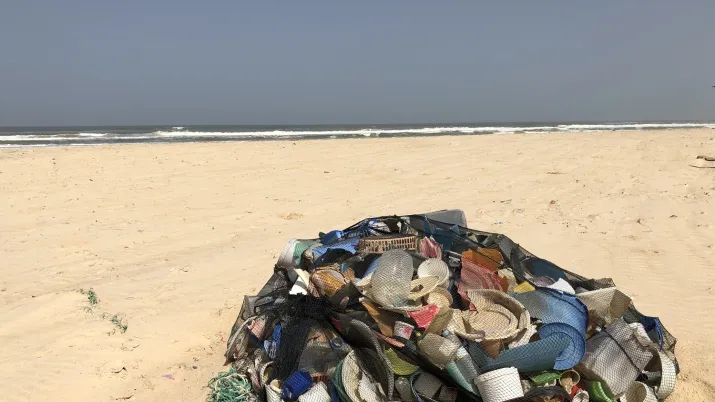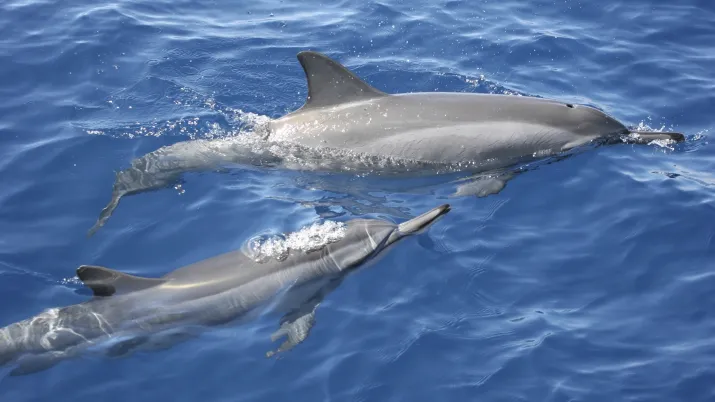Share the page
Pollution & hazardous waste

Our commitment
Since its creation, FFEM has taken a cross-cutting approach to pollution and waste management. The scale of the environmental and health impacts and the lack of funding led it to make this a key theme of its strategy in 2018.
Our action today
Les pollutions affectent la santé humaine, animale et écosystémique. Elles sont la principale cause de maladies et de décès dans le monde et près de 92% de ces décès surviennent dans des pays en développement. Pour y remédier, le FFEM intervient sur l’ensemble du cycle de vie des produits, de la production à la consommation.
Our cross-disciplinary approach
Given their anthropogenic origin and their impact on the health of terrestrial and marine ecosystems, wildlife and human populations, the FFEM encourages projects to combat waste and pollution at the interface with its other priority themes. In particular, the FFEM promotes an integrated approach to sustainable consumption and production: it encourages waste and pollution reduction in the agri-food, energy and construction sectors.
Current consumption and production patterns generate pollution and waste, much of which is burned in the open air or dumped into natural ecosystems. It is estimated that between 4.8 and 12.7 million tonnes of plastic waste end up in the ocean each year due to inadequate management.
These findings highlight the urgent need for source reduction and improved waste management. In fact, better solid waste management and recycling could reduce global greenhouse gas emissions by 10 to 15%. Preventing waste production could raise this reduction to 15 to 20%2. This demonstrates the potential of a 3R strategy (reduce, reuse, and recycle) to improve the health of ecosystems and populations, and to limit climate change.
To address this, the FFEM promotes the shift from a linear economic model (produce, consume, discard) to a sustainable circular model that concretely integrates source reduction.
As sources of pollution, chemical substances can have harmful effects on humans and other living organisms (cellular mutagenesis, neurological damage, reproductive and developmental harm, metabolic effects, immunotoxicity, pulmonary inflammation, emergence of antibiotic-resistant bacteria).
The sound management of chemicals throughout their life cycle (extraction, production, use, and final disposal) is a key element in safeguarding the health of ecosystems and populations.
Two issues are of major importance in FFEM’s areas of intervention:
- achieving the objectives of the Stockholm Convention to end the use of polychlorinated biphenyls (PCBs) by 2025
- the environmentally sound management of waste containing PCBs and PCB-contaminated equipment by 2028, and promoting alternatives to the use of mercury in gold panning.
Hazardous waste poses major health and environmental risks. This issue particularly affects developing countries, where access to adequate and efficient hazardous waste management services remains very limited.
Organisational, institutional, and regulatory frameworks often need to be strengthened to provide a favourable environment for the development of hazardous waste management systems.
Moreover, energy and digital transitions and the development of electric mobility are accompanied by risks related to the increased production of waste electrical and electronic equipment (WEEE).
In this context, the FFEM supports projects that aim to prevent the production of hazardous waste, promote its reuse, recycling or recovery, and develop efficient and sustainable waste management systems, from collection to treatment. It is particularly focused on WEEE, waste containing POPs, mercury or other heavy metals, as well as obsolete pesticide stocks and plastic waste.
Download the FFEM brochure on pollution and hazardous waste
In the field
Key figures, projects, news and publications are just a click away.
In figures
-
24 projects funded since 1995
-
30 M€ committed since 1995
-
12 projects underway in 2025
-
17,9 M€ committed since 2025
Focus on our projects
Reducing underwater noise emitted by maritime transport and services in the Western Indian Ocean
In progress
2022 - 2026







